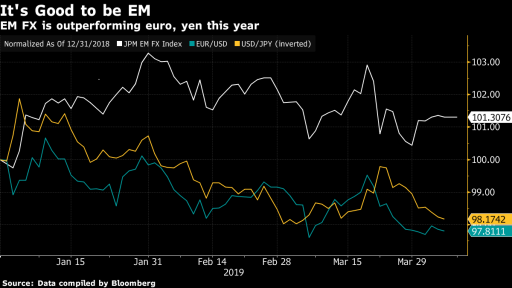- Home
- >
- Daily Accents
- >
- Correlations as an early market turning point signal

Correlations as an early market turning point signal

Correlative dependencies between individual asset classes may signal the upcoming serious turning points in the markets. Such a signal may come from the correlation between stocks and yields on bonds or commodities against the dollar. But common opinion is not always right.
In a comment, JPMorgan mentions that investors who make rotations between risk and defensive assets are usually reserved for correlations.
The Bank's strategy, led by John Normand, mentions that stocks are currently rising against the backdrop of falling yields on US bonds. Yield is also down, but the dollar has seen a slight decrease, and it is still quite strong against most G-10 currencies.
It is worth observing, however, the correlation between US stocks and credit spreads. So far, shares are up as credit spreads narrow. However, JPMorgan expects spreads to begin expanding later in the year, as stocks continue rallying.
Another catalyst that we need to take into account is the weak corporate reports. Spreads will then be an early warning signal that we should take into consideration.
Although nothing can break down the dollar (at least for now), there has been a worrying divergence around green money, which is reflected in the big difference that has emerged between developing countries' currencies and the dollar. The dollar rises to most major currencies, but loses positions against EM currencies.
We also see sectoral divergence in the stock. Cyclical shares and growth shares are lagging behind deflationary stocks and index values continue to rise.
More expensive shares, along with lower yields on bonds, are a worrying anomaly for many investors, but this is considered to be the most common pattern of correlation.
Another important correlation: oil against the dollar.
The strength of oil since the beginning of the year has been steady, which, in line with the historical pattern, the rise in oil prices, has led to a weakening of the dollar. The oil market is the market where investors most often refuse to accept the obvious correlation, considering how much "oil-supply conditions" are centralized and how they influence future forecasts.
Source: Bloomberg Finance L.P.
Graphs: Used with permission of Bloomberg Finance L.P.
 Trader Martin Nikolov
Trader Martin Nikolov Read more:
If you think, we can improve that section,
please comment. Your oppinion is imortant for us.












